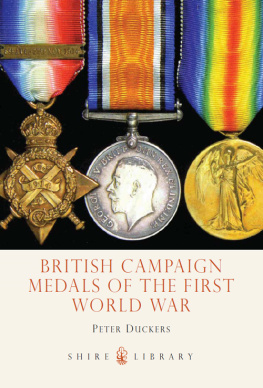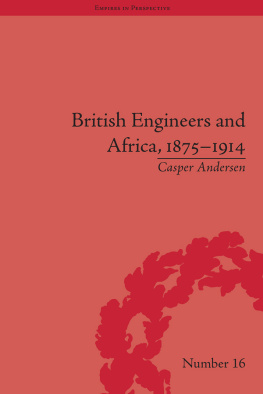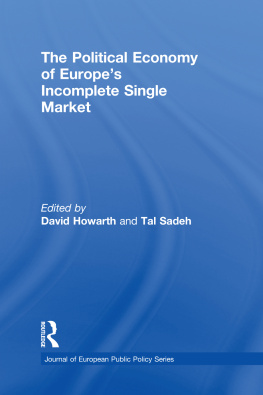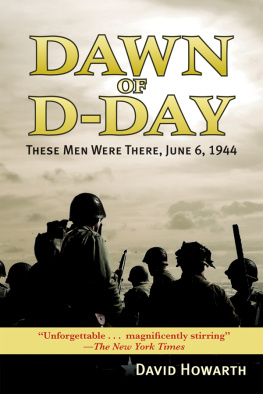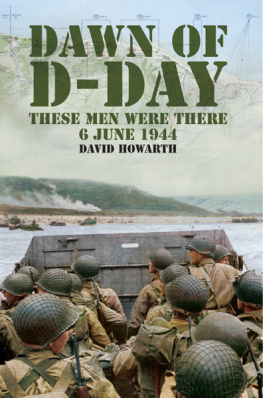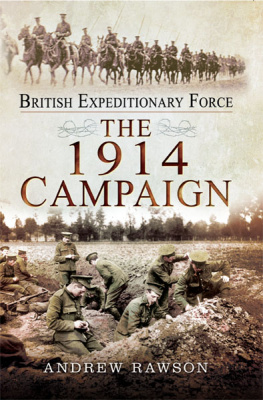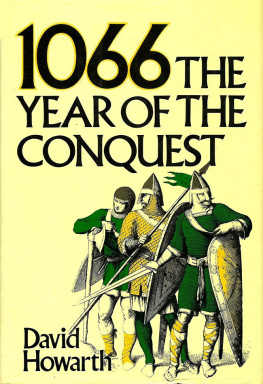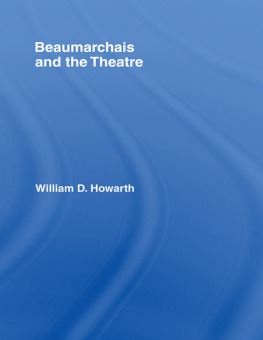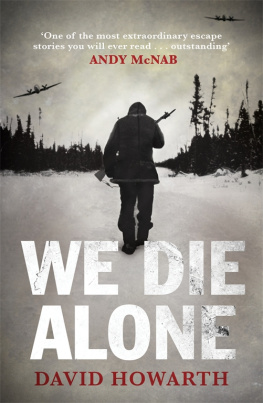
JANET H. HOWARTH is Emeritus Fellow of St Hildas College, Oxford, specialising in the history of the womens movement and the history of education in modern Britain.
A century of change and continuity in womens lives is masterfully narrated by Janet Howarth in this excellent book. We grasp the myriad meanings of being a woman in twentieth-century Britain through the words of politicians and policy makers, feminists and agitators, social investigators and sociologists, novelists and poets, and we hear womens own voices in every key. Howarths selection of texts offers a tantalising flavour of the rich resources available for exploring womens history, covering every subject from motherhood and work to politics and sexuality. Prefaced with a superb essay by the author synthesising major themes in the recent scholarship, Women in Britain is highly recommended for anyone teaching or studying this intriguing and capacious subject.
Helen McCarthy, University Lecturer in Modern British History, University of Cambridge
This comprehensive collection of original sources on women in Britain from 1914 to the millennium is an invaluable asset for students studying contemporary British history. Informative and timely, it portrays the rich diversity of womens lives during this period.
June Purvis, Professor of Womens and Gender History (Emerita), University of Portsmouth
This is an excellent resource for staff and students and will rapidly become a go-to book for students of history undertaking assignments on women in twentieth-century Britain. The comprehensive introduction contextualises the primary sources brilliantly, also providing very useful historiographical insights. The documents are well chosen and very wide ranging offering readers a masterly survey of this important topic which is essential for any serious historian of the social history of modern Britain.
Sue Bruley, Reader in Modern History, University of Portsmouth
Extracts from writings and statements by women of all classes, different races and supporters and opponents of gender equality bring to life diversity and change in womens experiences through the twentieth century. Reminding us that, even in the 1970s, the BBC believed that women lacked the authority, consistency and reliability to read the news, it provokes questions about what has and has not changed.
Patricia M. Thane, Research Professor in Contemporary British History, Kings College, London
Women in Britain
Voices and Perspectives from Twentieth-Century History
JANET H. HOWARTH
Published in 2019 by
I.B.Tauris & Co. Ltd
London New York
www.ibtauris.com
Editorial material and organisation copyright 2019 Janet H. Howarth
The right of Janet H. Howarth to be identified as the author of this work has been asserted by the author in accordance with the Copyright, Designs and Patents Act 1988.
All rights reserved. Except for brief quotations in a review, this book, or any part thereof, may not be reproduced, stored in or introduced into a retrieval system, or transmitted, in any form or by any means, electronic, mechanical, photocopying, recording or otherwise, without the prior written permission of the publisher.
Every attempt has been made to gain permission for the use of the images and original extracts in this book. Notes and acknowledgements can be found in the Permission Notes and Acknowledgements section. Any omissions will be rectified in future editions.
References to websites were correct at the time of writing.
ISBN (HB): 978 1 85043 455 9
ISBN (PB): 978 1 85043 456 6
eISBN: 978 1 78672 424 3
ePDF: 978 1 78673 424 2
A full CIP record for this book is available from the British Library
A full CIP record is available from the Library of Congress
Library of Congress Catalog Card Number: available
Typeset by Riverside Publishing Solutions, Salisbury, Wiltshire
Contents
. Valerie Amos, Baroness Amos of Brondesbury
. Clementine Churchill with her husband in 1915
. Higher Education and Academic Recognition for Women:
. Dorothy Hodgkin
. The Gateways Club in Chelsea, early 1950s
. British delegates at the Womens League for Peace and Freedom Conference, Zurich, 1919
. Munitions workers in 1917
. The womens hockey team at the co-educational London School of Economics, 19201
. Nancy Astor campaigning in the Plymouth by-election of November 1919
. Jam making at the Womens Institute in the mid-Wales village of Meifod, 1941
. Memorial in Whitehall to the Women of World War II
. Eleanor Rathbone in 1922
. Statue of Edith Cavell in St Martins Place, London
. ATS women at an Anti-Aircraft gun site, Wormwood Scrubs, West London, 1941
. Mary Quant in 1966
. Margaret Thatcher in 1975
. Map of Great Britain, c.1970
This book was originally commissioned as a Reader, a collection of documents on twentieth-century womens history, and has evolved over the years in response to developments in the secondary literature on womens history, gender history and contemporary British history. In the processes of thinking out, researching and writing it I have incurred many debts.
A book of this kind could not have not have been completed without the commitment and expertise of editors at I.B.Tauris, and above all Tom Stottors tireless, patient and effective work in among other essential tasks tracking down and negotiating with copyright owners. Its publication has been made possible by a grant from the Scouloudi Foundation in association with the Institute of Historical Research. I am most grateful for this support, and also for the generosity of the many authors and rights holders who have allowed me to reproduce their work for a nominal fee, or no fee at all.
I must acknowledge, too, the invaluable help and advice I have had from librarians and archivists at the institutions in which the book was researched: the Bodleian Library, The Womens Library at the London School of Economics and its predecessor the Fawcett Library, the British Library, Balliol, Somerville and St Hildas Colleges.
Many former colleagues (not all of them historians) and students, graduates and undergraduates, will recognise in the book (if they read it) the various ways in which their work has contributed to it, both in outline and in detail. Ross McKibbin, whose approach to the writing of history has had a formative influence, read a draft of the book with a critical eye and provided much needed encouragement. Warmest thanks are due to all of them. Any mistakes or shortcomings in the final version are of course my responsibility alone.
Finally, thanks go to my family and friends for their forbearance and support over the years in which the book has been a preoccupation.
Fifty years ago it was still necessary to make a case for writing women in to narratives of national history. That is no longer true; and yet it is often far from straightforward to work out how to place women in canonical versions of history. The aim in this book is therefore to provide an anthology of printed sources on women in Britain in the short twentieth century that is between the beginning of World War I and the millennium. It is not an exercise in separatist womens history but a contribution to the work of incorporating women into an inclusive history of modern Britain.





